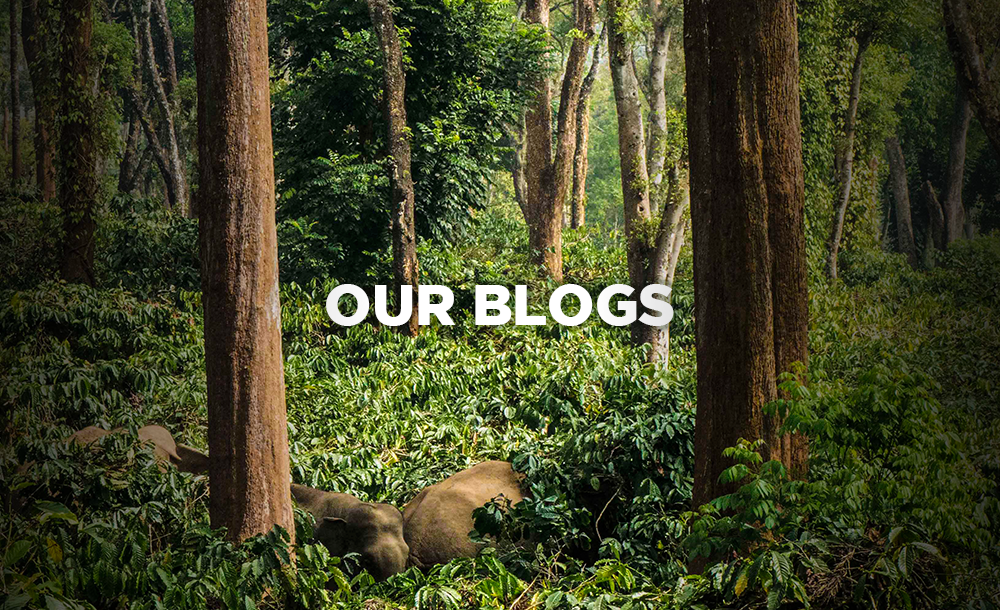Diversification at Tata Coffee

Tata Coffee is one of the largest integrated coffee companies in the world. With 19 estates spread over 8000 hectares in the lush green Western Ghats, our estates are engaged in diverse cultivations/agriculture activities, each developed and adapted to best suit the local environment. We believe in enabling the effective use of environmental and human resources to develop a mix of complementary agricultural practices like Pisciculture, Apiculture and Avocado cultivation.
Pisciculture involves raising fish commercially in tanks. Fishes like Catla, Rohu, and Carp are farmed in our irrigation tanks. Based on this success and a freely available production base we are evaluating the potential for commercial production and marketing of fishes from our estates.
Apiculture, another important diversification activity, is the rearing of bees on a commercial scale to produce honey. Honey bees are a principal pollinator of coffee plants, as over 80% of pollination in cultivated crops is performed by bees. Studies show that bee pollination not only results in a higher number of fruits, berries or seeds, it also yields a better quality of produce, and the efficient pollination of flowers may also serve to protect the crops against pests. While we already produce honey from our existing colonies of bees this initiative is being substantially scaled with the vision of Tata Coffee becoming one of the largest producers of natural honey in India.
Apart from this, multi-location trials of avocado cultivation has been initiated on our estates. The initial trials indicate that the special variety of avocado with a higher shelf life are thriving in the estates across Tata Coffee. We have collaborated with a foreign firm for the supply of saplings and also entered into a marketing and sales agreement with them. Pilot projects for the cultivation of fruit crops like rambutan, mangosteen, dragon fruit, longan fruit, durian, and dwarf jackfruit are being actively considered.
As an organization, we are committed to the sustainable development of our plantations by utilizing the resources and the climate that we are blessed with. This helps us in the economic growth, whilst looking after our estates by greening them further.


